Can old bird fly? It’s a common question among bird enthusiasts, and the answer may surprise you. While some bird species lose their ability to pass as they age, most birds can fly.
Many birds continue to fly well into old age, with some species known to live for several decades. However, it’s important to note that as birds age, their flying abilities may become compromised due to decreased muscle mass, weakened bones, and reduced eyesight. As a result, older birds may need to be more agile or able to fly as far or as fast as their younger counterparts.
Despite these challenges, many older birds can still fly and continue to do so for as long as they are physically able. So if you spot an older bird in flight, don’t be surprised – likely, they’re still enjoying the freedom of flight they’ve known their entire lives.
Importance of Understanding Bird Aging and Flight Capacity
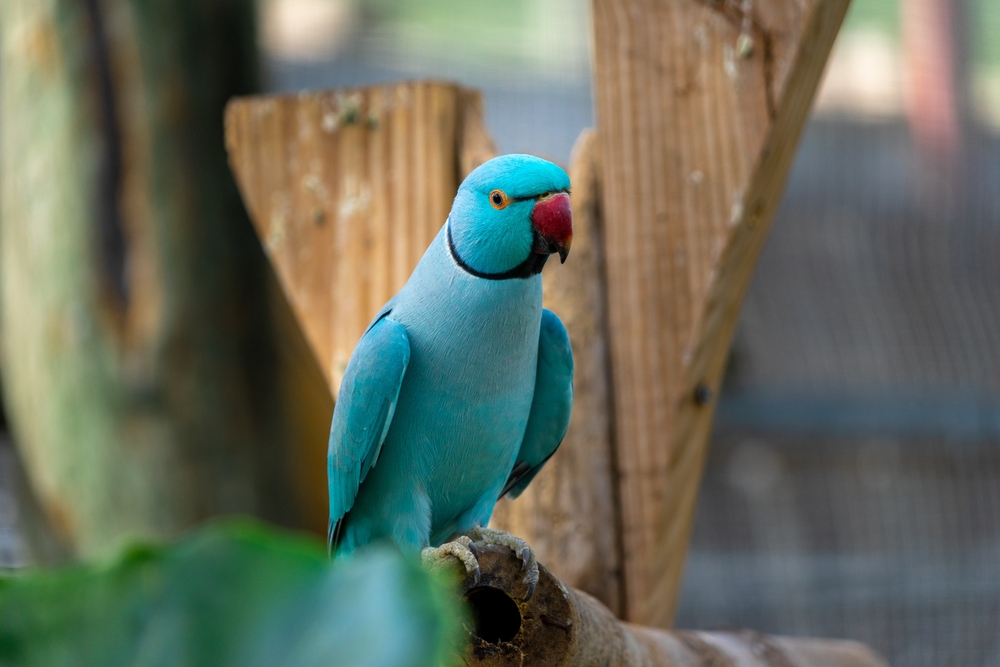
As birds age, their flight capacity may decrease due to various factors such as muscle loss, decreased lung capacity, and reduced cardiac output. Understanding the impact of aging on bird flight capacity is vital for several reasons.
Firstly, it can help researchers better understand the aging process in birds and potentially develop interventions to slow or reverse age-related declines in flight capacity. This could be particularly important for endangered bird species, as reduced flight capacity could limit their ability to migrate, forage, and escape predators.
Secondly, understanding the impact of aging on bird flight capacity can provide insight into the evolution of flight in birds. By studying how flight capacity changes with age, researchers can better understand the selective pressures shaping bird flight over millions of years.
Finally, understanding the impact of aging on bird flight capacity can have practical applications for bird enthusiasts and birdwatchers. For example, it may be essential to consider a bird’s age when assessing its flight behavior or attempting to identify a bird in flight.
In conclusion, understanding the impact of aging on bird flight capacity is an essential area of research with implications for conservation, evolutionary biology, and birdwatching. By studying how aging affects flight capacity in birds, we can better understand the aging process and the evolution of flight in birds and potentially develop interventions to slow or reverse age-related declines in flight capacity.
Can Old Birds Fly? The Aging Process in Birds
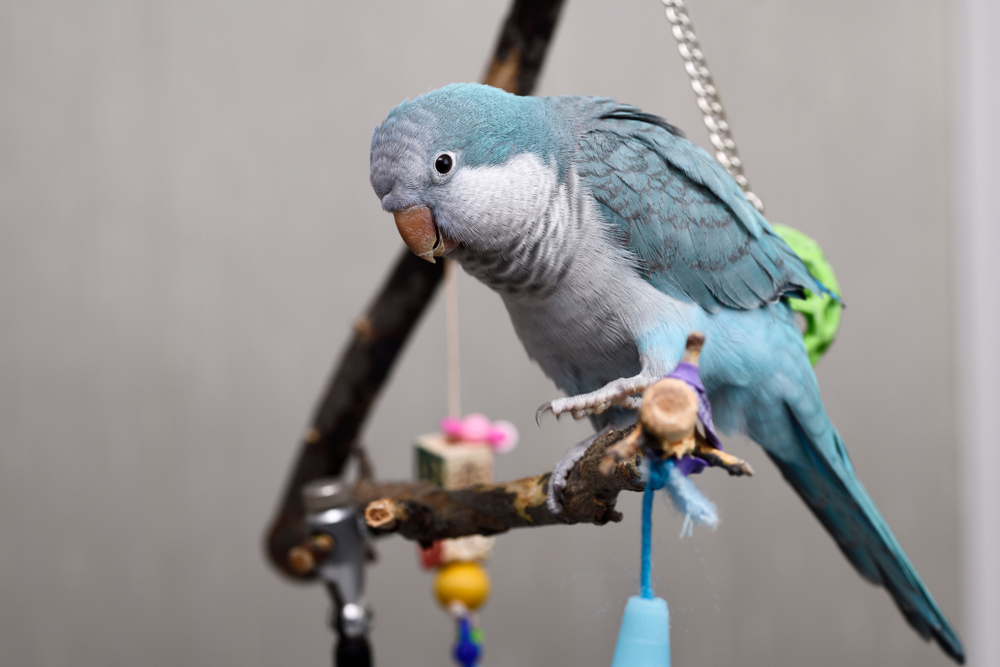
Common Physical Changes in Birds as They Age
As birds age, they experience various physical changes that can affect their flying ability. One of the most noticeable changes is feather loss. Older birds may lose feathers due to wear and tear, exposure to the elements, or illness. Feather loss can make it more difficult for birds to fly, as feathers are essential for lift and maneuverability.
Another standard physical change in aging birds is a decrease in metabolism. As birds age, their bodies become less efficient at processing food and converting it into energy. This can lead to weight gain and decreased energy levels, making it more difficult for birds to fly.
Finally, aging birds may experience changes in their DNA that can affect their ability to fly. DNA damage can occur naturally as birds age, leading to various health problems, including decreased muscle strength and lung capacity.
Impact of Aging on Bird Behavior
In addition to physical changes, aging can also have a significant impact on bird behavior. Older birds may become less active and sedentary, spending more perched time and less time in flight. This can be due to various factors, including decreased energy levels, muscle strength, and lung capacity.
Older birds may also become less social and more territorial as they age. This can be due to changes in hormone levels, as well as changes in physical ability. Older birds may have more difficulty defending their territory and become more aggressive towards other birds.
The aging process can significantly impact a bird’s ability to fly. Physical changes such as feather loss, decreased metabolism, and DNA damage can all make it more difficult for birds to fly. Changes in behavior, such as decreased activity levels and increased territoriality, can also affect a bird’s ability to fly and navigate its environment.
How Age Can Affect a Bird’s Ability to Fly
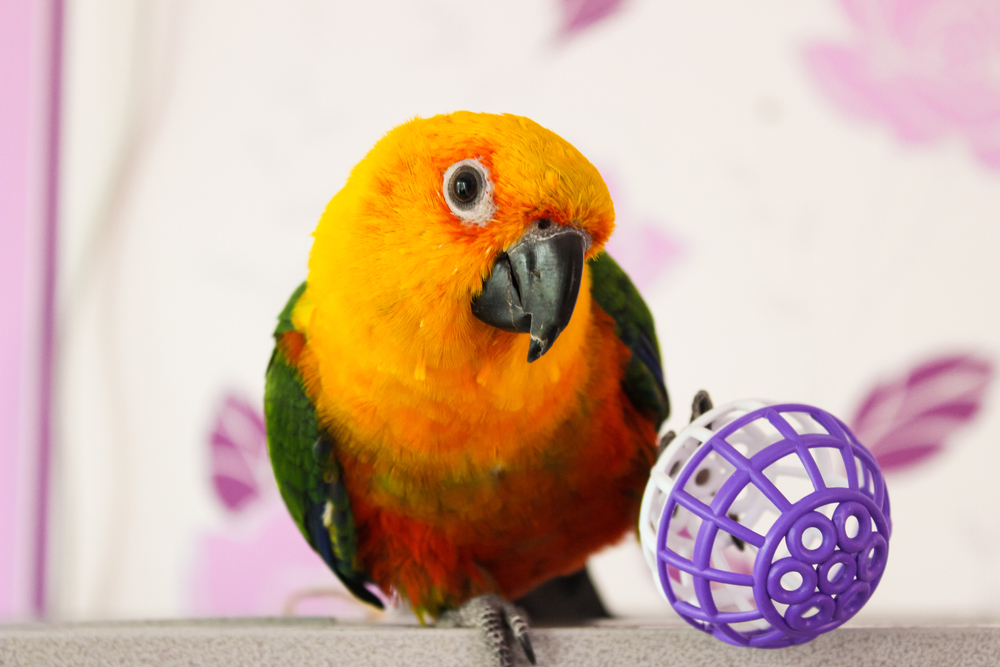
As birds age, their ability to fly may be impacted by various factors. In this section, we will explore how age can affect a bird’s ability to fly.
Examples of Species Where Age Significantly Impacts Flight
Some bird species experience a significant decline in their ability to fly as they age. For example, domesticated chickens, selectively bred for meat production, often become too heavy to fly as they reach adulthood. Similarly, some species of penguins may experience a decline in their flight ability as they age, as their wing muscles become less efficient.
Comparison Between Wild and Domesticated Birds
In general, wild birds tend to maintain their ability to fly throughout their lifespan. In contrast, domesticated birds may experience a decline in their flight ability due to selective breeding or other factors. For example, wild parrots are known for their impressive flying abilities, which allow them to travel long distances in search of food and mates. In contrast, many domesticated parrots may have their flight feathers clipped to prevent them from flying away or causing damage to their environment.
While age can certainly impact a bird’s ability to fly, many factors, including species, environment, and genetics, can influence this ability. By understanding these factors, bird owners and enthusiasts can better support their feathered friends and appreciate avian life’s unique skills and challenges.
Common Health Issues in Older Birds That Affect Flight
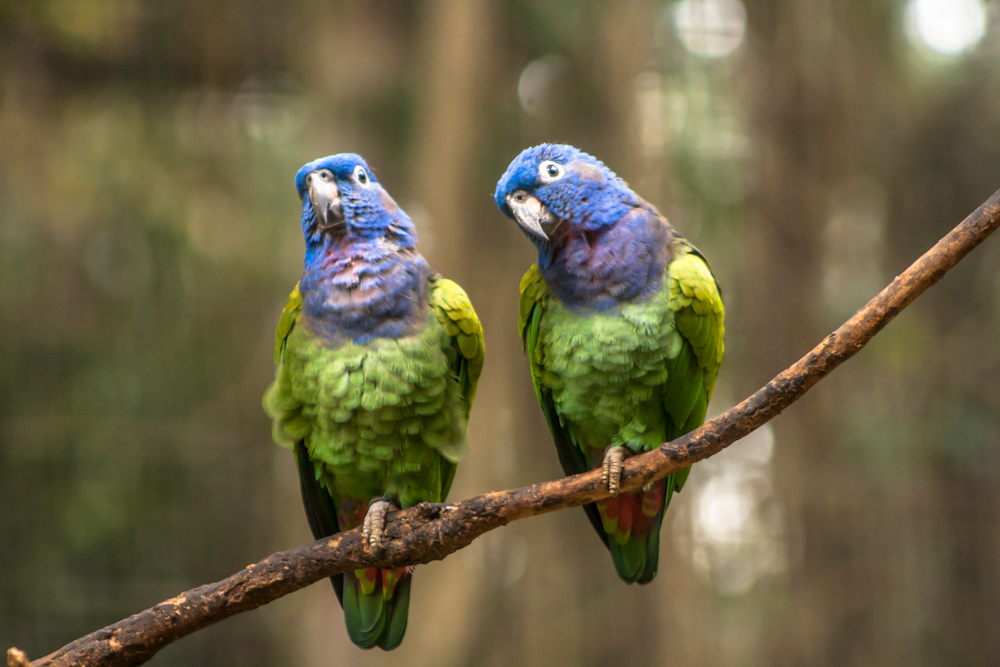
As birds age, they may experience a decline in their ability to fly due to various health issues. It’s essential to be aware of these issues so that you can take appropriate action to help your bird stay healthy and active. Some common health issues in older birds can affect their ability to fly.
Ways to Identify These Health Issues
- Arthritis: Arthritis is a common problem in older birds that can cause joint pain and stiffness. This can make it difficult for birds to move around and fly. Signs of arthritis include difficulty perching, reluctance to move around, and a change in posture.
- Obesity: Older birds are more prone to obesity, making flying challenging. Excess weight strains their wings and can cause them to tire quickly. Signs of obesity include a distended abdomen, difficulty breathing, and reluctance to move around.
- Respiratory problems: Respiratory problems are common in older birds and can affect their flying ability. Birds with respiratory problems may have difficulty breathing, wheezing, or coughing. They may also have nasal discharge or discharge from their eyes.
Importance of Veterinary Care for Older Birds
Regularly taking your older bird to the veterinarian is essential to ensure they are healthy and catch any health problems early. Your veterinarian can perform a physical exam and run diagnostic tests to identify any health issues affecting your bird’s ability to fly.
In addition to regular veterinary care, you can take steps to help your older bird stay healthy and active. This includes a nutritious diet, plenty of exercise, and a comfortable living environment. With proper care and attention, your older bird can continue to enjoy a happy and active life.
Tips for maintaining a healthy diet for older birds
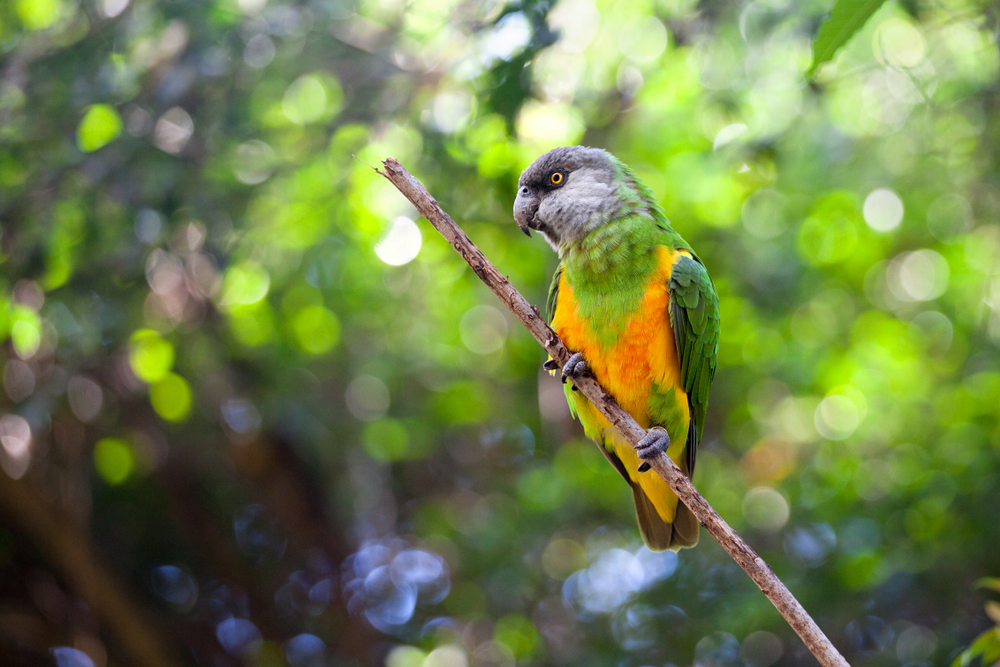
As birds age, their nutritional needs change. Providing them with a well-balanced diet that meets their specific requirements is essential. Here are some tips for maintaining a healthy diet for your older bird:
Feed them various foods: A varied diet is essential to ensure your bird gets all the nutrients it needs. Offer a mix of pellets, fresh fruits and vegetables, and seeds. Be sure to include foods high in vitamins A and C and calcium.
Limit fatty and sugary foods: Older birds are more prone to obesity and diabetes, so limiting their intake is essential. Avoid feeding them junk food, fried food, and processed snacks.
Provide fresh water: Fresh water is essential for your bird’s health. Make sure to change the water in their bowl daily and wash it with soap and water regularly.
Avoid toxic foods: Some foods are unhealthy for birds and can cause serious health problems. Avoid feeding your bird avocado, chocolate, caffeine, alcohol, and anything that contains xylitol.
Supplement their diet: Older birds may benefit from supplements that support joint health, digestion, and immune function. Talk to your veterinarian about which supplements are suitable for your bird.
Monitor their weight: Keep an eye on your bird’s weight to ensure that they are maintaining a healthy weight. If you notice any sudden weight loss or gain, consult your veterinarian.
Following these tips can help your older bird maintain a healthy diet and live a happy, healthy life.
Potential modifications to the cage or environment to assist older birds
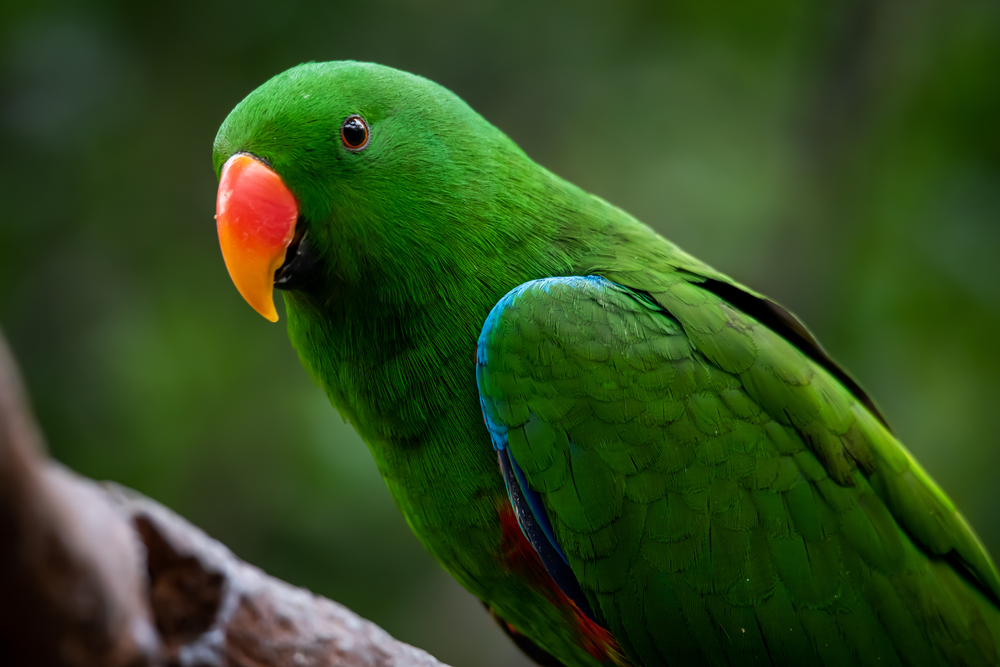
As birds age, they may experience mobility issues, arthritis, and other health conditions that can make moving around their cage or environment difficult. Here are some potential modifications you can make to help your older bird:
Perches: Provide perches of varying diameters and textures to help your bird maintain its grip and prevent falls. Consider placing nests lower to the ground to make it easier for your bird to climb up and down.
Food and water dishes: Make sure your bird’s food and water dishes are easily accessible and at a comfortable height. Consider using dishes with a shallow lip to make it easier for your bird to reach in and out.
Toys and enrichment: Provide toys and enrichment activities appropriate for your bird’s age and physical abilities. Avoid toys that require a lot of physical dexterity or movement, and ensure your bird has plenty of opportunities to rest.
Cage setup: Consider rearranging your bird’s cage to make it easier for them to move around and access their food and water dishes. Also, add perches or platforms to make it easier for your bird to rest.
Temperature and lighting: Keep your bird’s environment comfortable and provide appropriate lighting to ensure they can see and navigate their environment.
By making these modifications, you can help your older bird maintain its quality of life and continue to enjoy its golden years.
For More Bird Info : https://www.audubon.org/
For More Bird Info : https://www.humanesociety.org/resources/how-find-wildlife-rehabilitator
Tags : do young birds feed old birds
Tags : do birds take care of their elderly
Tags : small bird feeding big bird
Tags : how long do birds feed their young
Tags : brood parasite birds
Can birds fly when they get old?
Yes, birds can still fly when they get old. However, their ability to fly may decrease as they age due to various factors such as health issues, injuries, and loss of muscle strength.
At what age do birds stop flying?
There is no specific age when birds stop flying. Different bird species have different lifespans, and their ability to fly may vary depending on their health and physical condition.
What happens to birds when they get too old to fly?
When birds get too old to fly, they may become more vulnerable to predators and environmental factors. They may also have difficulty finding food and shelter, which can lead to a decline in their overall health.
Do birds lose their ability to fly as they age?
Birds may lose their ability to fly as they age due to various reasons such as injuries, illnesses, and muscle weakness. However, not all birds lose their ability to fly as they age.
How long do birds usually fly for in their lifetime?
The flying distance of birds varies depending on the species, migration patterns, and environmental factors. Some birds can fly for thousands of miles during migration, while others may fly only short distances during their lifetime.
Is it common for birds to stop flying as they age?
It is not uncommon for birds to stop flying as they age, especially if they have health issues or injuries. However, some birds may continue to fly even in their old age, depending on their physical condition and environment.